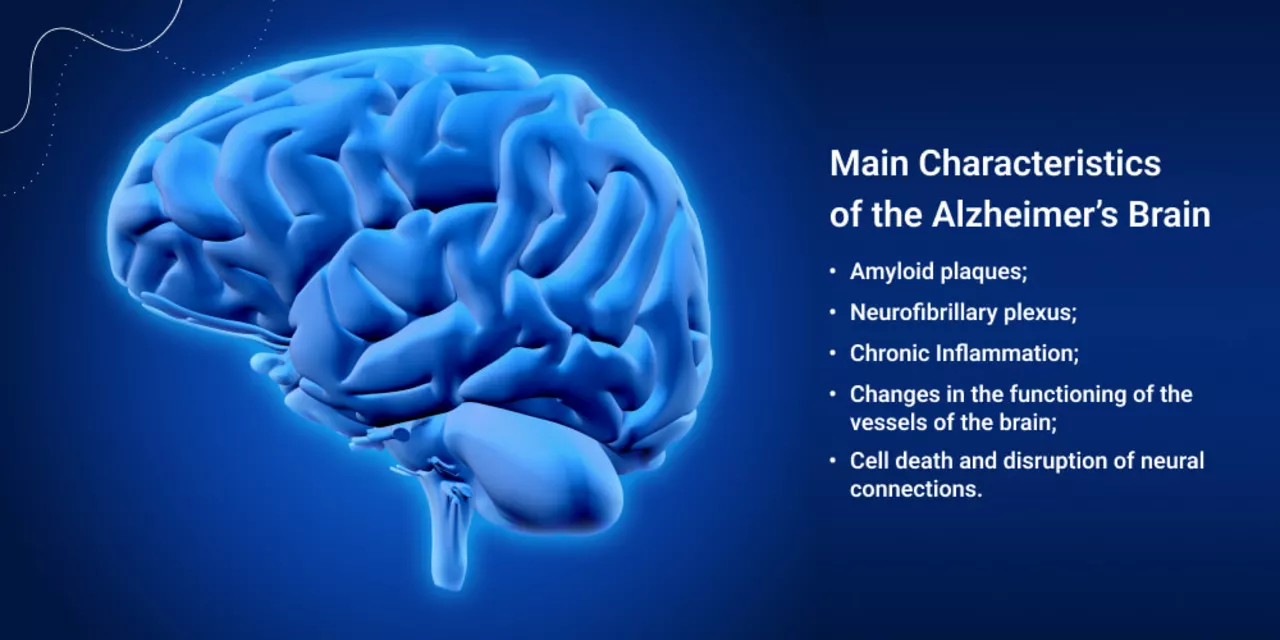Alzheimer's treatment: practical options, meds, and ways to save
Alzheimer's changes the brain, but treatment can slow symptoms and make daily life easier. If someone you love has Alzheimer’s, you want clear steps: what medicines work, what lifestyle changes help, and how to keep costs down. This page sums up proven drug options, non-drug strategies, and safe tips for finding affordable prescriptions online.
Medications that doctors use
Doctors commonly prescribe cholinesterase inhibitors for mild to moderate Alzheimer’s. That group includes donepezil, rivastigmine, and galantamine. These drugs can help memory, thinking, and daily function for months to years for some people. For moderate to severe stages, memantine is often added or used alone; it works differently and can reduce agitation and improve attention in some patients. All medications have side effects: nausea, sleep trouble, dizziness, and rare heart or bladder issues. Talk with your doctor about risks, starting doses, and when to stop if harms outweigh benefits.
Care, habits, and support
Medicine is only one part of treatment. Structured routines, cognitive activities, regular exercise, sleep hygiene, and a Mediterranean-style diet show real benefit. Simple changes like labeling drawers, using daily timers, and keeping a calm home can cut stress and risky behavior. Caregiver support matters. Join local support groups, ask about respite care, and learn practical communication tips from professionals. Planning ahead with legal and financial documents reduces emergency stress later.
Clinical trials and new drugs are ongoing. Some experimental treatments target abnormal proteins in the brain; others aim to reduce inflammation. If you consider a trial, check eligibility, side effects, and whether travel or costs are covered. Your doctor or a memory clinic can point you to reputable studies.
Cost worries are common. Here are practical ways to save: compare prices at multiple pharmacies, ask about generic versions, use manufacturer coupons, and check patient assistance programs. When buying online, verify the pharmacy license, read reviews, use secure payment, and never buy pills from sites that don’t require a prescription. Cheap pills that arrive quickly without paperwork are often unsafe.
Watch for drug interactions. Many older adults take blood pressure, heart, and diabetes meds that can interact with Alzheimer’s drugs. Keep an updated medicine list and share it with every provider and pharmacist.
If symptoms change suddenly, like new confusion, fast decline, fever, or trouble walking, seek immediate medical advice. Sometimes delirium, infection, or medication side effects cause big drops that are reversible.
Finally, talk often and early with your healthcare team about goals of care and quality of life. Treatment choices should match what matters most to the person living with Alzheimer’s. With the right mix of medication, daily habits, and support, families can manage symptoms and focus on meaningful moments.
AffordableRxMeds helps by comparing pharmacy prices, explaining generics, and listing verified online sellers. Use our guides to avoid scams and find discounts on common Alzheimer’s medicines. Still, always run choices by your doctor. Cheap isn’t safe unless the pharmacy is licensed and the drug matches your medical needs too.
Understanding Donepezil: A Comprehensive Guide
In my latest blog post, I dive into the world of Donepezil, a medication commonly prescribed to treat Alzheimer's disease. I provide a comprehensive guide that covers everything from how it works to potential side effects. Throughout the post, I also discuss the importance of taking Donepezil as prescribed and share some tips for managing potential side effects. My goal is to help both patients and caregivers better understand this medication and how it can improve the quality of life for those affected by Alzheimer's. Check it out to learn more about this crucial medication and how it can help those in need!
Read More
